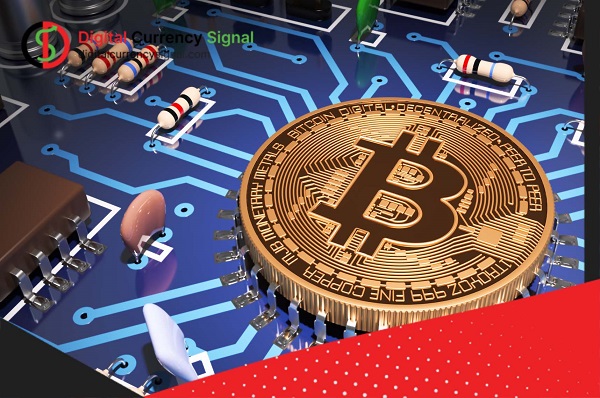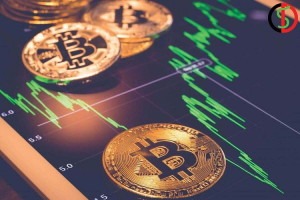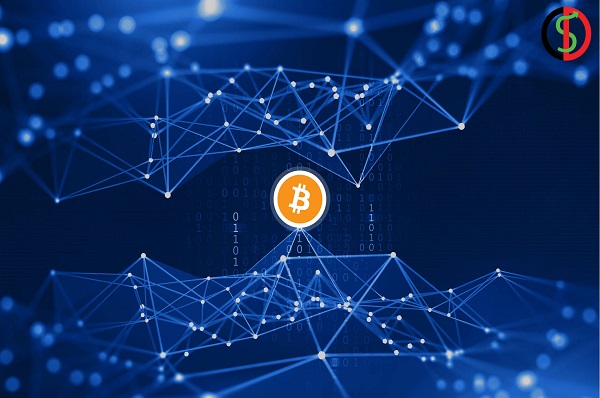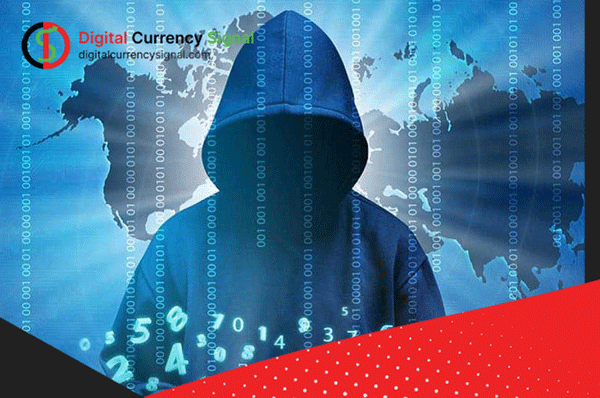In this article, we want to give you information about the concept of fungibility in the digital currency market. And let’s look at the importance of digital currency convertibility. If you work in the digital currency market, you may have heard the word fungibility in digital currency and you want to know about this concept, and maybe you have asked this question, what is fungibility in digital currency? We can answer this question that fungibility is a concept that is widely used in the group of digital currencies that have a separate part and each part can be converted into another financial asset. Digital currencies that can be converted into other assets are called convertible assets.
What is fungibility in digital currency?
It is interesting to know that fungibility refers to the ability to exchange an asset for another asset of the same type, which is known as valuable capacity. Fungible assets facilitate the exchange and trading process as fungibility refers to equal value between assets. In addition to money, property, and other goods are also fungible, including precious metals, digital currencies, etc. In this way, you can exchange digital currencies with each other and convert them to other cryptocurrencies. However, NFT tokens are non-tradable assets and you cannot convert NFT to other NFT tokens.
Importance of digital currency fungibility
The reason for the importance of the fungibility of digital currencies is that assets or digital currencies that do not have the concept of fungibility are unreliable. A physical or digital currency should be functional so that it attracts the trust of people and investors in financial markets and they can use it to complete their daily transactions. If the digital currency is not fungible, big problems arise. For example, if only a fraction of $10 bills can be exchanged, then it is considered irrational for people to use these non-exchangeable $10 bills to buy whatever they want.
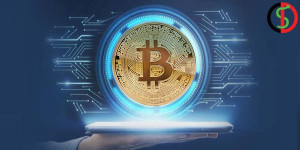
fungibility of digital currencies or other financial assets is the trusted use of digital currency or assets by people and investors. In this case, each unit of digital currency has the same price and it doesn’t matter which unit you use. For any medium of exchange widely used for everyday transactions, fungibility is considered a necessity and is a characteristic of most financial assets, especially digital currencies.
Divisibility of digital currency
Bitcoin and any other digital currency are highly divisible. Scalability means that people can buy and sell smaller digital currency units. For example, people can buy and sell 10% of Bitcoin or other measurable cryptocurrencies. One of the fundamental characteristics of cryptocurrencies is divisibility, since not all goods and services are valued equal to, for example, the exact number of bitcoins. The importance of this issue becomes even more apparent when we consider the rise in the price of Bitcoin. Therefore, many everyday transactions costs such as groceries, gas, clothing, etc. cost less than one bitcoin.
A deeper look at Fungibility
Because of the difference in prices, even if a currency or commodity is fungible, some people find it a bit difficult to understand the function of fungibility. For example, there may be extreme price fluctuations for a product purchased in a certain currency, even if that currency is convertible. For example, workers in China are paid $1 to $2 per hour, while workers in the United States are paid $15 to $20 per hour. These fluctuations are quite natural in every corner of the world. But just because prices fluctuate doesn’t mean a currency isn’t tradable.
In general, the prices of currencies including Bitcoin also fluctuate wildly. Bitcoin price sometimes fluctuates 30-40% in a day. Bitcoin can also trade at the price of gold in some regions of the world, such as Zimbabwe, thanks to the laws of supply and demand. So it is almost normal to sell Bitcoin with 100% royalty in Zimbabwe. Yes, despite price fluctuations of the Bitcoin digital currency in the world, Bitcoin is still Bitcoin, therefore Bitcoin is fungible, which is also true for most other digital currencies. In fact, due to the accuracy of software and calculations, Bitcoin and other digital currencies can be said to be one of the most volatile things in the world.
Bitcoins and fungibility
Bitcoin is the top cryptocurrency with the highest investment volume on the platform today. Developers work every day to improve this network. One of the reasons for that. New currencies and platforms. They were introduced to the cryptocurrency market. They have a long way to go to reach the top spot in digital currencies. Bitcoin is not a privacy coin. And their transactions are open source. Regarding the property distribution problem. Technologies like CoinJoin. Stonewall. Dandelion introduced it to add color to the issue of privacy in Bitcoin and to add fungibility to its liquid assets.
the last word
An asset is considered fungible if its units are exchanged. Asset classes are interchangeable when each unit of the asset has the same credit and market value. On the other hand, most digital currencies are considered fungible assets; for example, 1 unit of Bitcoin equals another unit. This concept of digital currency means that every currency unit has the same quality and efficiency. So it doesn’t matter which block the coins were issued in; Because all currency units are part of the blockchain and perform the same function.
Finally, despite the current public resistance to currencies like Bitcoin, Ethereum, etc. This property continues to increase in size and value; Therefore, it is very likely that the trend of increasing popularity of currencies will continue in the coming years. This issue will make this asset class have the potential to replace fiat currencies.

